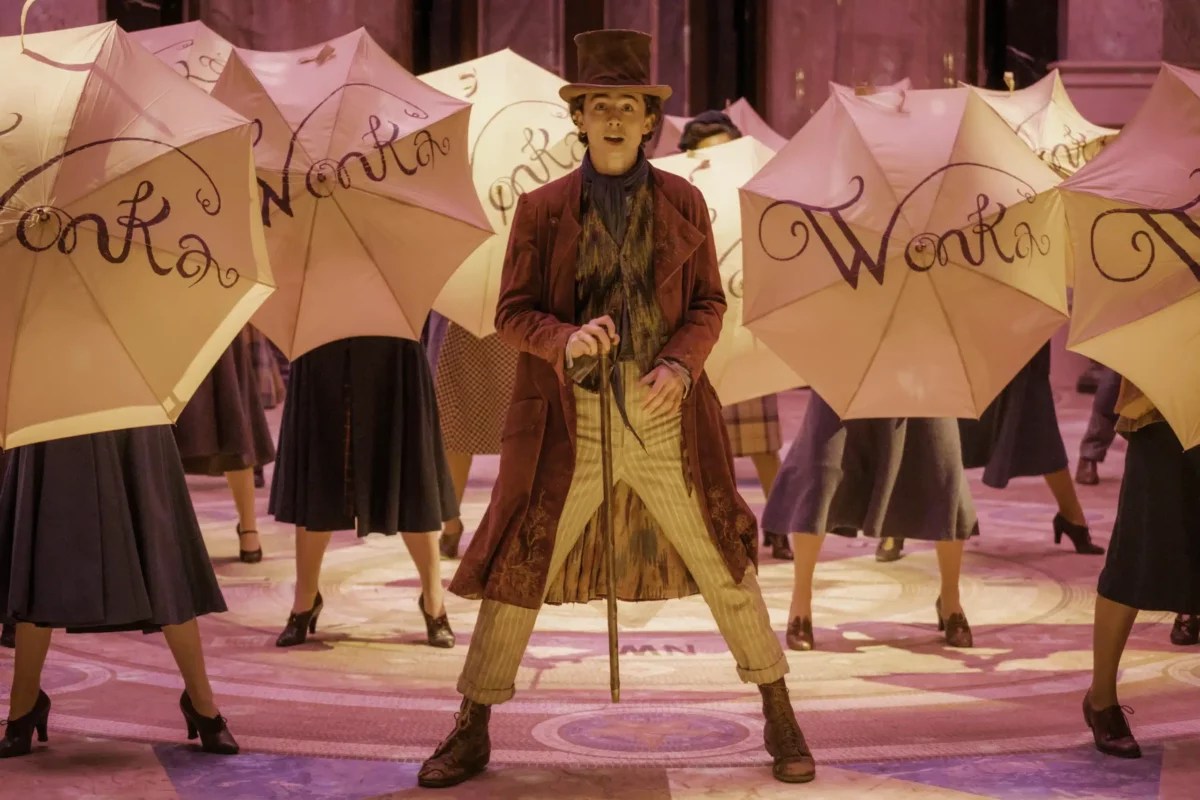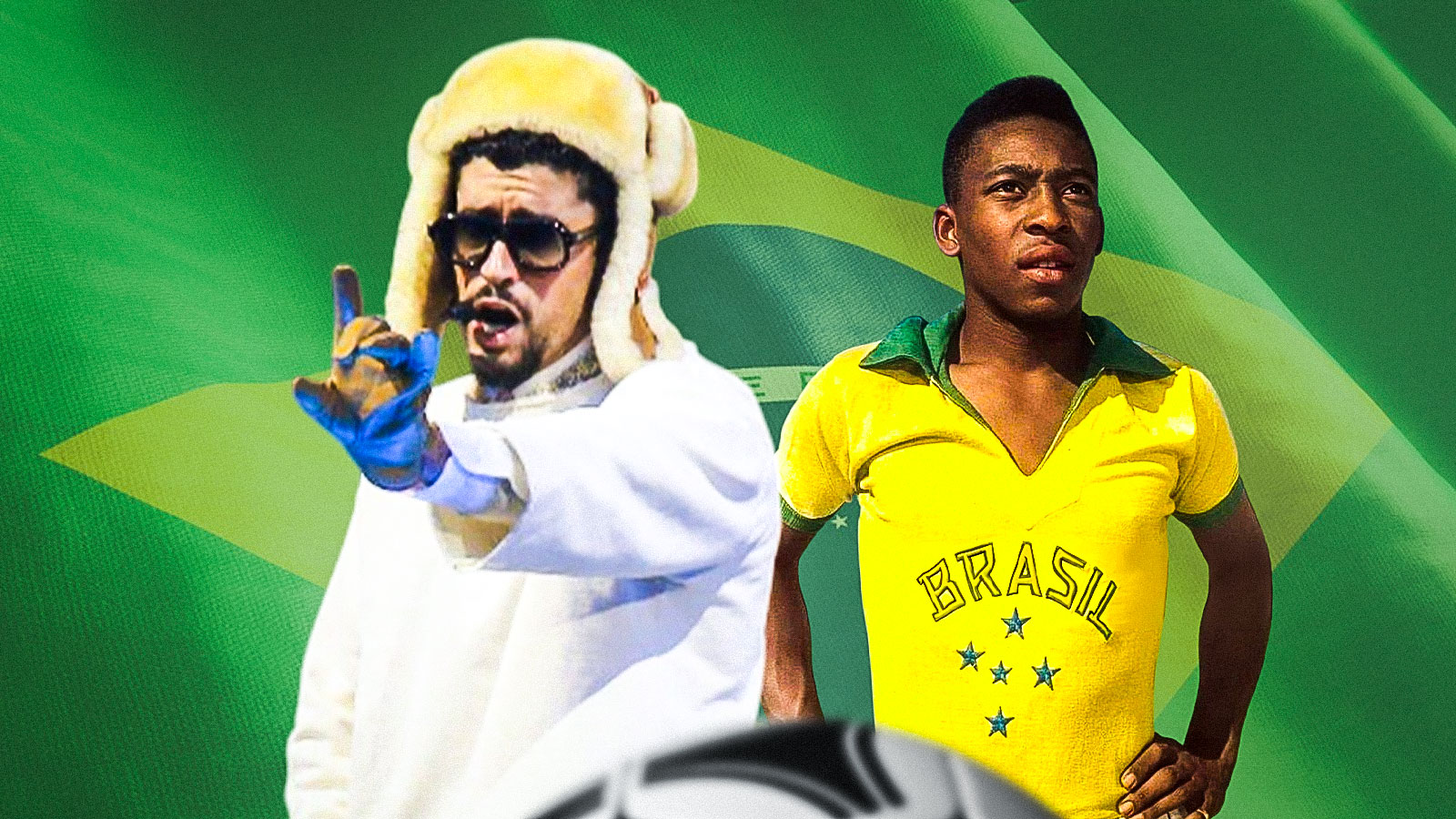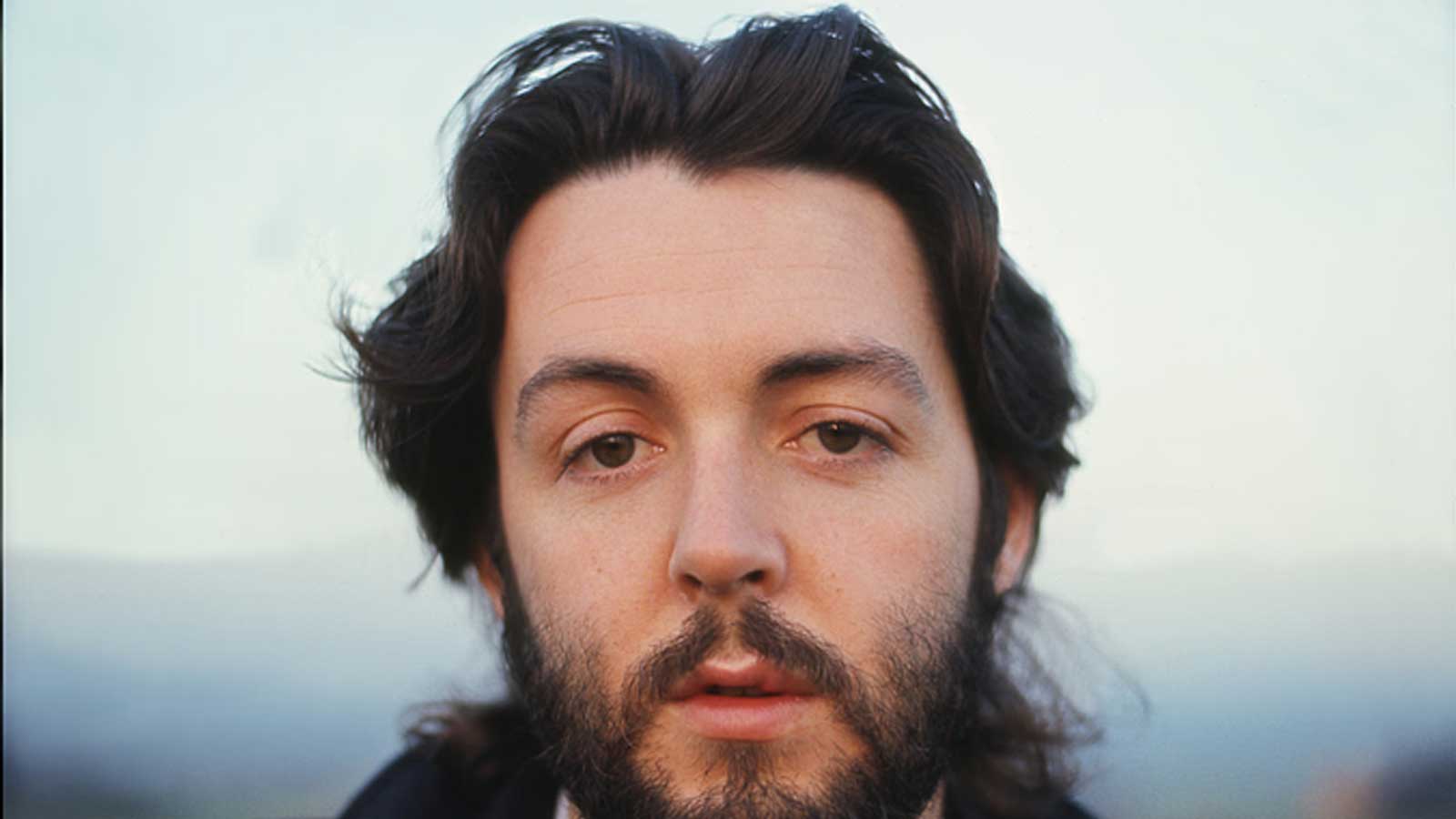Full of whimsy and style, Paul King's Wonka is a treat. Timothée Chalamet and Calah Lane steal the show in one of the year's biggest surprises.
It's largely because King brings the same family-friendly sensitivity that he brought to Paddington to Wonka. No one makes films as enjoyable as King, and his latest is no exception.
The film is also a great metaphor for the state of the film industry. Wonka just wants to make chocolates — it's what he loves — but the question of compromise is brought up. In an industry that feels more interested in telling the same kind of stories with different colors of paint, it's refreshing to see an origin story that takes its own path.
To put it into Gen Z terms, it's not like other origin stories.
Wonka review

After spending seven years adrift, aspiring chocolatier Willy Wonka (Chalamet) arrives in a new city. It's here that he's confident he can fulfill his lifelong dream of opening a candy shop. His arrival upsets the established chocolate shops, and they will stop at nothing to shut him down.
For Wonka, he needs to find a place to stay. That's when he encounters Mrs. Scrubbit (Olivia Colman) and Bleacher (Tom Davis). By not reading the fine print — he's illiterate — he's enslaved by Mrs. Scrubbit to work off his debts.
That won't stop him from pursuing his dreams. With the help of Noodle (Lane), he embarks on a journey to sell his chocolates, even with a corrupt police system further stacking the odds against him.
Not your typical origin story
Wonka's biggest strength is that it's not a traditional origin story. Yes, we see Chalamet's titular character come to form, but when he's introduced, he's already the chocolatier we know. He just doesn't have a store.
That's already half the battle. Some recent origin movies struggle with this balance. One of the most egregious examples is the recent G.I. Joe spin-off film, Snake Eyes. The titular character is synonymous with the series, and the trailers even used shots of Henry Golding donning the iconic costume which were misleading.
Spoiler alert: He doesn't wear it until the film's final shot. That means two hours of normal Golding were shown, which is only a complaint in this type of case.
There's even a stark difference between an origin story movie like Into the Spider-Verse and Snake Eyes. At least in the former, Miles Morales still feels like Spider-Man. Golding's performance showed the limitations of the character and how not to do an origin story.
But no such problem is found in Wonka. It's not like we wait two hours to finally see Chalamet get the iconic hat and coat. He's skipping around with his cane from the very opening of the film.
It proves that King and Simon Farnaby, who co-wrote Wonka, trust their audience. They still introduce Roald Dahl's character, but they don't assume their audience has never heard of or seen the character before. Even if Chalamet's performance is distinct from the past two notable ones — leaning more into Gene Wilder than Johnny Depp (thank God!) — you understand who he is and his motives from the get-go.
Show-stealer
The film is led by Chalamet, yes, but it can be argued that it's Lane who steals the show. Noodle is more than Wonka's sassy sidekick. Unlike most side characters, Noodle actually feels like a character because she is one. Entrapped by Mrs. Scrubbit as an infant, she was handed her identity without the chance to form her own.
That, along with a life-long supply of chocolate, is what Wonka promises her. And the two work so well together. As my girlfriend pointed out, it's a non-romantic type of love that the two share. It's more of a sibling-like relationship that the two share, and it's the heart and soul of Wonka.
This is not to discredit Chalamet, who shows more charisma in the first five minutes of Wonka than he has in his entire career. Honestly, I don't know if Chalamet has ever been this interesting (perhaps a testament to his role choices, which lean more dramatic). It's a bit of a rocky start, but he does settle into his role soon after. It's just an adjustment hearing the heavily pitch-corrected vocals and a couple of failed attempts at zany gawkiness.
Chewing up scenery
Olivia Colman, who will star in Paddington in Peru, stars as Mrs. Scrubbit. As everyone knows, the Oscar winner is a fantastic dramatic actress. She has shown her comedic sensibilities on a few occasions, but her going as over-the-top as humanly possible misses more than it hits.
If anything, she was just an odd casting choice. Having an Oscar-winning actor in your ensemble is generally a plus, but perhaps finding the correct role for them is more vital than simply having them there and forcing a square peg into a round hole. Her bickering with Davis' Bleacher, though, saves her performance from being a complete misfire.
It's also disappointing that Hugh Grant, who plays Lofty, an Oompa Loompa, is hardly in the film. Grant's signature sassiness and rendition of the Oompa Loompa song shine in his limited screen time.
A lived-in world
Like his Paddington features, King once again creates a full and vibrant world in Wonka. From the town's cathedral to Wonka's first store, the fictional town feels lived-in. There are too many big-budget films these days that are completely comfortable with using soundstages with worlds that fail to help you suspend any disbelief.
2023 has shown with films like Barbie and Wonka that imagination can meet practicality. Just because some of the set pieces in Wonka can't be accomplished completely practically, that doesn't mean that it has to be obvious that it was done with VFX.
“Greed is good”
Wonka's biggest antagonist isn't even the other chocolate corporations. It's the corrupt society that he's surrounded by. Mrs. Scrubbit preys on the new kids in town, while the town's priest (played brilliantly by Rowan Atkinson) is a “chocoholic.” The executives of the rival chocolate companies pay off the town's Chief-of-Police (played by Keegan-Michael Key) in chocolate.
Over the course of the film, the corruption becomes more obvious. On-the-nose? Absolutely. Effective? Absolutely.
A perfect one-and-done story
Most importantly, Wonka is a perfect one-and-done story. If it makes money, which it likely will, there will surely be a temptation to make a sequel or two. But is that necessary?
Barbie is in a similar boat where, yes, there is absolutely franchise potential. But both Barbie and Wonka tell complete stories that go out on a high note. While a sequel where Chalamet's Wonka gets to be an established chocolatier is an exciting prospect, King's film caught magic in a bottle. In no world should this film been as wholesome and great as it is.
Plus, Wonka is a great metaphor for the state of the industry. At one point in the film, he's confronted with the choice of compromising himself and giving up doing what he loves or continuing. The film industry is currently struggling with a balance of soulless franchise schlock and independent films that are hardly seen by the public.
Talented filmmakers like Jon Favreau and James Wan have entered and been spewed out of the system, while other auteurs like James Cameron always make films their way despite their larger-than-life scale. King, who has directed two Paddington films that both grossed more than most of the DCU's recent output, has proved that he doesn't have to compromise himself to make his films.
Should you watch Wonka?
Wonka is a surprisingly good film. Truthfully, if it weren't my job to see the latest releases, there's no guarantee that I'd see the film (the trailers weren't that inspiring, to be fair).
But like someone says about chocolate in the film, Wonka is best shared.
Grade: A-
Wonka will be released on December 15.




















